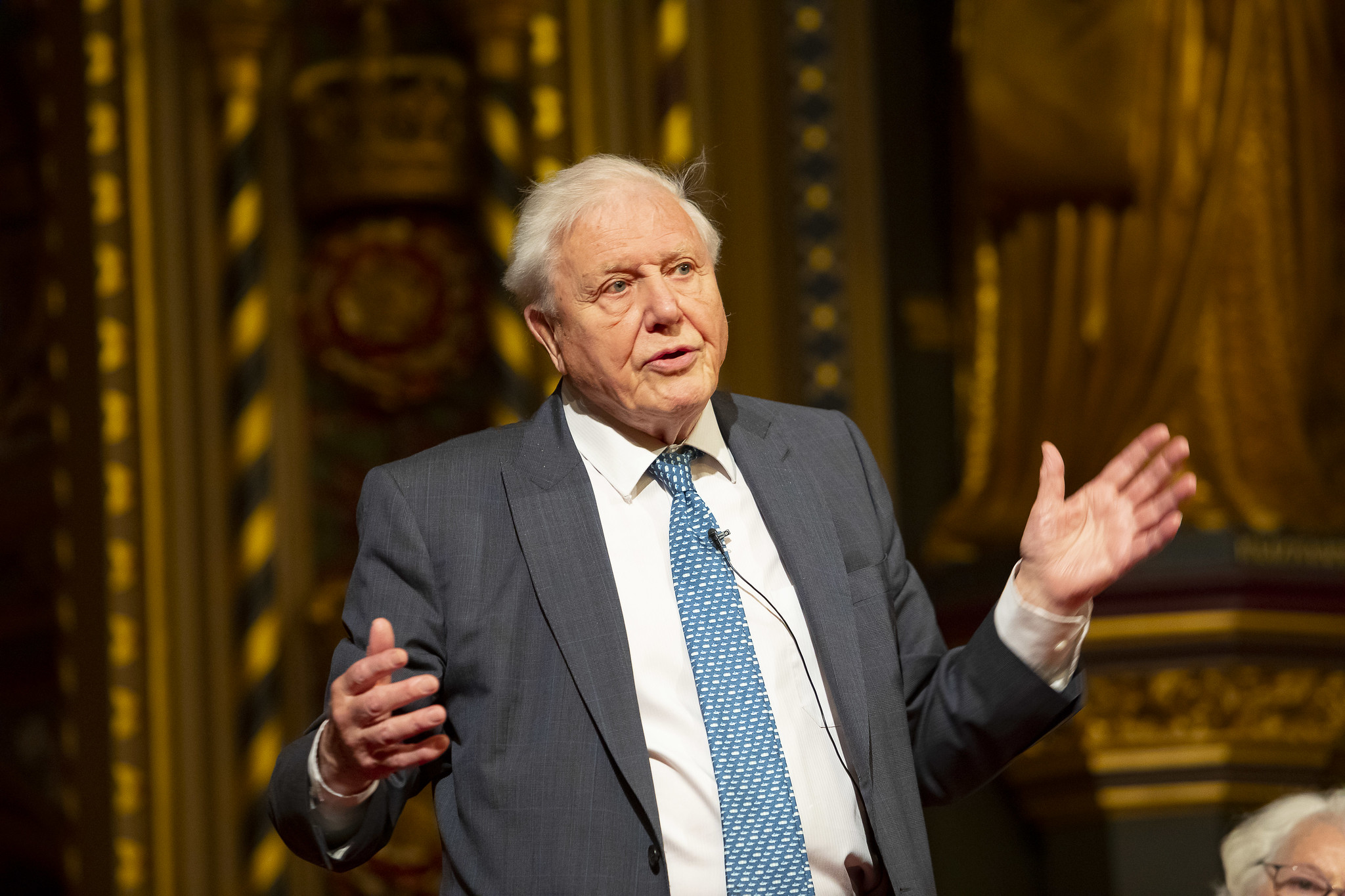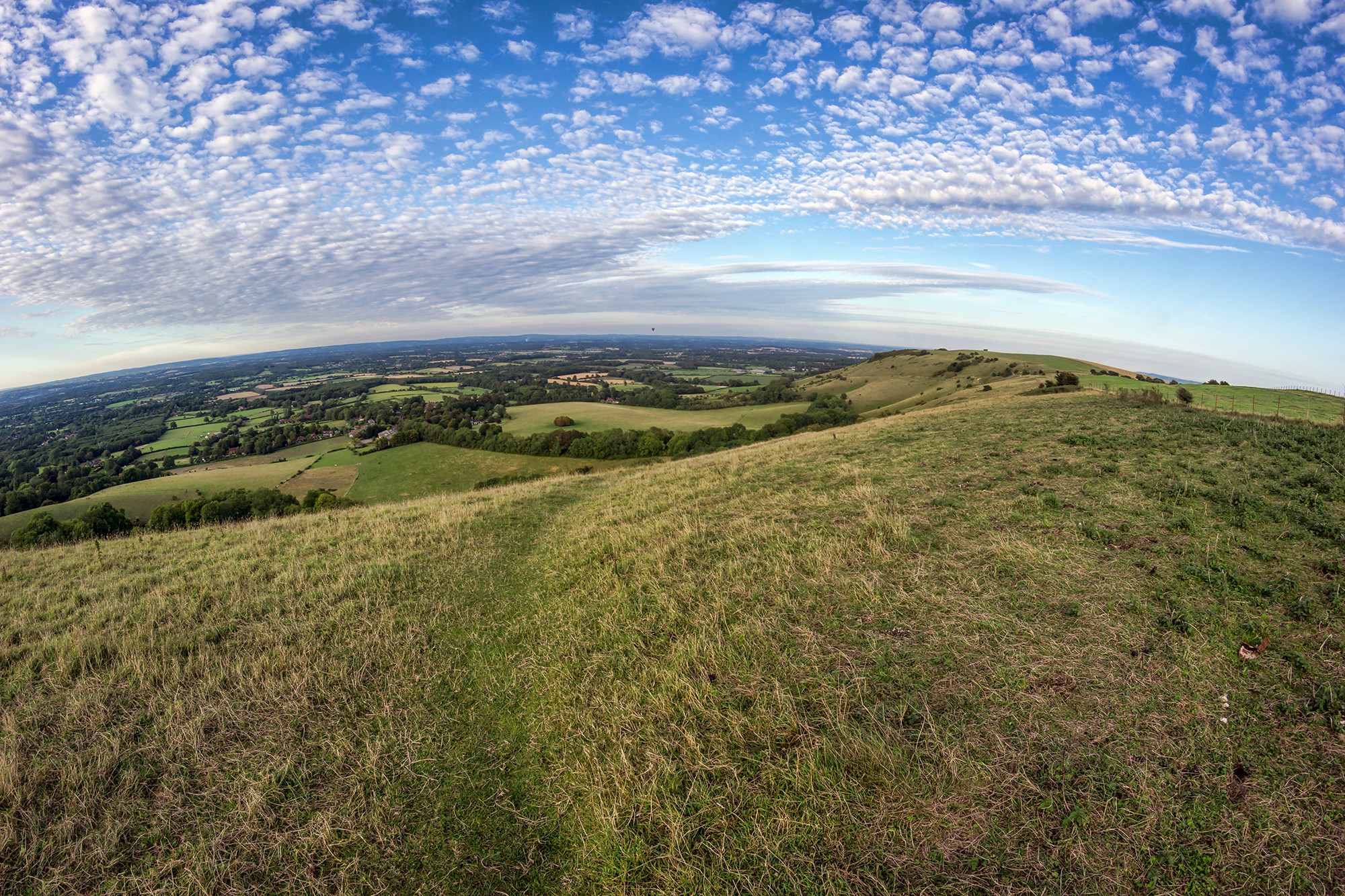The Guardian report the UK environment watchdog is examining whether more than 50 sites that supply salad and vegetables to supermarkets and other businesses are discharging chemical pollution into rivers and streams. The action follows revelations that a salad producer supplying retailers including Waitrose was washing pesticides into a protected chalk stream in Hampshire.
All posts by Heather
Treedom fighters: Get the kids planting trees this half term
The Sun reports environmental experts say we need to plant 50million trees in the UK each year to slow climate change. This year it is more important than ever. Covid has meant that fewer trees than before have gone into the ground But YOU can help by going into your local park, fields or woods, collecting trees’ seeds off the ground and planting them. If every one of us sowed just one or two acorns this autumn and planted the resulting seedlings next year, we could make a real difference.
‘An alarmingly familiar picture’: UK on course to miss most biodiversity targets
The Guardian reports the UK is failing on its long-term biodiversity targets and seeing “relentless” declines in wildlife, according to government data that shows public sector investment in conservation falling in real terms by 33% in five years. Out of 24 indicators of ecological health, 14 show long-term decline.
Boris Johnson’s pledge to return third of Britain to nature could see Lakes and Dales rewilded
The Telegraph reports conservation groups have argued that although 26 per cent of England is technically ‘protected for nature’, these areas are not sufficiently biodiverse and actually contain less trees and nature than some of our cities. The five-year plan for Natural England promises to make our national parks “richer in wildlife”, and sources at the Department for Environment, Food and Rural Affairs have suggested this includes radically changing the landscape of our most iconic national parks.
Does Attenborough make you happier? Nature on TV scientifically proven to boost mood
The Telegraph reports a study by the University of Exeter found that people watching coral reef footage shot by the Blue Planet II crews, complete with an explanatory voiceover, felt happier and less bored than they did before. The paper, published in the Journal of Environmental Psychology, concluded that watching nature programmes on the TV could be a good alternative to experiencing it in real life for people who are unable to do so through illness or disability.
How maverick rewilders are trying to turn back the tide of extinction
The Guardian reports a handful of radical nature lovers are secretly breeding endangered species and releasing them into the wild. Many are prepared to break the law and risk the fury of the scientific establishment to save the animals they love.
Seabirds face extinction if Government pursues wind farm plan, RSPB warns
The Telegraph reports the Prime Minister last week promised that Britain had “limitless” offshore wind capacity, and said a green industrial revolution with this renewable resource at its heart would create millions of jobs and avert climate change. However, conservationists have warned that an enthusiastic rolling out of offshore wind could cause our globally important seabird populations to dwindle to extinction.
Lincolnshire hare coursing: Rural residents’ help ‘vital’
BBC News reports people living in rural Lincolnshire have a key role in helping stop illegal hare coursers, police have said. Reporting from the community has helped keep numbers down, as has the use of police drones and the what3words app to help pinpoint accurate locations.
Figures show there were 873 incidents during the 2018/19 season and 1,043 incidents in 2019/20.
David Attenborough delivers poignant mission statement in powerful Netflix doc A Life on Our Planet
The Radio Times, Daily Mail and The Sun report on Netflix’s A Life on Our Planet……
Sir David Attenborough’s new film should be considered mandatory viewing, says Patrick Cremona. If the documentary had consisted of nothing but a castigation of human destruction and a gloomy forecast for our future it would have fostered nothing but a sense of helplessness. Equally, if there was just optimism and reassurance on offer it would have inspired only complacency. It is the combination of these two factors which can truly act as a rallying call to the millions who will hopefully watch this powerful and poignant mission statement from a man who remains the best in the business.
 In his latest powerful and important film, which is getting a global cinema premiere on Monday before a Netflix release six days later, we finally see flashes of Attenborough’s anger. However, his principal emotion is sadness, verging on grief, as with the help of lots of damning statistics he details the many ways in which humankind has, during the span of his own lifetime, wrecked the biodiversity on which all living creatures rely. The planet has been forced to suffer fools, and not at all gladly.
In his latest powerful and important film, which is getting a global cinema premiere on Monday before a Netflix release six days later, we finally see flashes of Attenborough’s anger. However, his principal emotion is sadness, verging on grief, as with the help of lots of damning statistics he details the many ways in which humankind has, during the span of his own lifetime, wrecked the biodiversity on which all living creatures rely. The planet has been forced to suffer fools, and not at all gladly.
IF you’re expecting an hour and a half of sumptuous scenes of the natural world, with Sir David Attenborough’s rhythmic tones telling you about the mating call of a weird-looking bird, think again. This incredibly important documentary pulls no punches — and will have you reaching for a reusable cup or joining the Greta Thunberg fan club the moment the credits roll…Justifiably, the broadcaster’s lessons often make for uncomfortable viewing, especially when a teary Attenborough utters the words: “We have destroyed the world.” While never being preachy or political, there is perhaps a little too long until the words “ . . . But we can change this . . . ” are said, giving you a full hour of fear before 20 minutes of solution.
Sir David Attenborough photo by ukhouseoflords under creative commons.
Boris Johnson promises to protect 30% of UK’s land by 2030
 The BBC reports an extra 400,000 hectares of English countryside will be protected to support the recovery of nature under plans to be announced by Boris Johnson.
The BBC reports an extra 400,000 hectares of English countryside will be protected to support the recovery of nature under plans to be announced by Boris Johnson.
The prime minister will make the commitment at a virtual United Nations event later. He is joining a global pledge from 65 leaders to reverse losses in the natural world by the same date.
National parks, areas of outstanding natural beauty and other protected areas make up 26% of land in England. Mr Johnson will promise that the government will increase the amount of protected land in the UK from 26% at present to 30% by 2030.
The South Downs from Ditchling Beacon photo by hehaden under creative commons. The South Downs National Park is England’s newest national park, designated in 2010, and, of course, within only thirty minutes drive of Normandy village.
